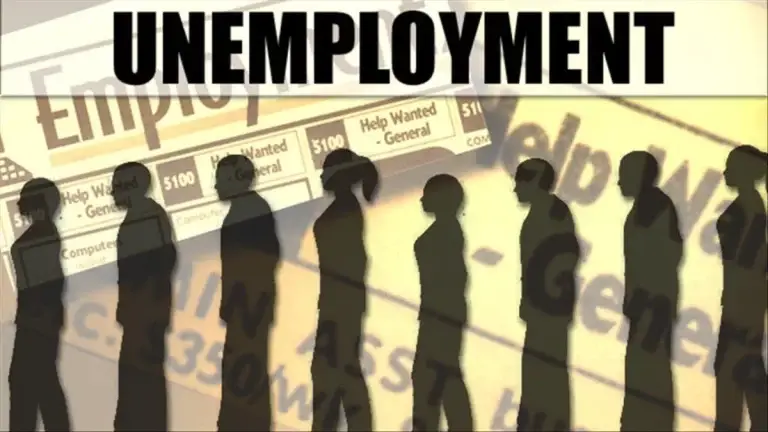Official data released on Tuesday shows that earnings growth is still high and that unemployment in Britain has increased even further. According to the Office for National Statistics (ONS), the unemployment rate in the UK increased from 4.3 percent to 4.4 percent in the three months ending at the end of March.
“The ONS stated that although earnings growth is still relatively strong, this month’s figures continue to show signs that the labour market may be cooling, with the number of vacancies falling and unemployment rising.” With incentives excluded, average regular wage growth was held at 6.0 percent, a level that economists deemed worrisome for the Bank of England (BoE).
The BoE will continue to be concerned about the stickiness of wage growth in April, according to Ruth Gregory, deputy chief UK economist at research company Capital Economics. “But we believe wage growth will soon be back on a firm downward path given the sharp decline in employment and the rise in the unemployment rate.
” The BoE signalled a summer rate cut as UK inflation continues to decline, but it kept its main interest rate at a 16-year high of 5.25 percent last month.
Next week, on June 20, the central bank will make its most recent interest rate announcement. The day before, May inflation data is expected to be released. According to new figures, annual inflation in the UK dropped to 2.3 percent in April, almost three years below the previous high.

Unemployment
This is good news for the ruling Conservatives ahead of next month’s general election. Nonetheless, the BoE’s 2.0 percent target was obstinately maintained by the Consumer Prices Index measure.










